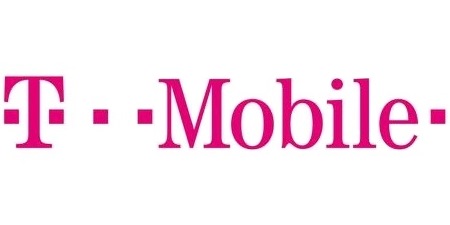The number of wireless devices in the United States is barely growing. Wireless providers like T-Mobile US Inc. (NASDAQ: TMUS) and Verizon Communications Inc. (NYSE: VZ) battle over a static to shrinking pie. The wireless market is close to a zero-sum game, at least in terms of raw subscribers, which is bad news for the entire industry.
The CTIA reports wireless connections in the United States are about 340 million, which is about 110% percent of the population. Not only has the growth of the sector flattened, the industry also has to deal with the rising use of Wi-Fi, even in public areas well beyond the home. Some of these networks were set up by cable companies trying to hold customers. Whether or not that works, the move pulls people away from the use of traditional wireless networks, or it at least cuts the amount of data and media these wireless subscribers consumer use. And data use is where wireless companies believe they can increase revenue in the future. The model is threatened severely.
ALSO READ: The Bullish and Bearish Case for Verizon in 2015
T-Mobile’s recent earnings were considered a coup because it is taking subscribers from rivals. Wall Street was enthusiastic about the results because revenue moved up 19% to $8.15 billion. The growth rate may be enough for it to pass Sprint Corp. (NYSE: S) to become the third largest carrier based on subscribers. Proof this could happen was supported by T-Mobile’s addition of just over 1.3 million post-paid subscribers in the fourth quarter.
Then comes the worrisome part of T-Mobile’s progress:
For full-year 2015, T-Mobile expects Adjusted EBITDA to be in the range of $6.8 to $7.2 billion. Adjusted EBITDA in the first quarter of 2015 is expected to be significantly impacted by a large investment to front end customer growth in 2015, similar to what the Company did in 2014. In addition, the first quarter of 2015 will reflect the accounting treatment of Uncarrier 8.0: Data Stash, which is expected to have a non-cash impact in the range of $100 million to $150 million. The accounting treatment of the initial 10 GB allotment, which is a revenue deferral, is expected to fully reverse itself during 2015.
Playing the market share game is very expensive.
The market does not consider the problems of Verizon or AT&T Inc. (NYSE: T) to be any worse than T-Mobile’s. Verizon’s stock trades in the middle of its range. Surprisingly enough, T-Mobile’s shares did not crash through their 52-week high when results were posted. The price was better in May of last year. The market knows the entire industry needs a better business model, or it will go on stealing customers one from the other. Fighting in a zero-sum game is brutal.
ALSO READ: Sprint Receives Lowest Grades in Wireless Study
Travel Cards Are Getting Too Good To Ignore (sponsored)
Credit card companies are pulling out all the stops, with the issuers are offering insane travel rewards and perks.
We’re talking huge sign-up bonuses, points on every purchase, and benefits like lounge access, travel credits, and free hotel nights. For travelers, these rewards can add up to thousands of dollars in flights, upgrades, and luxury experiences every year.
It’s like getting paid to travel — and it’s available to qualified borrowers who know where to look.
We’ve rounded up some of the best travel credit cards on the market. Click here to see the list. Don’t miss these offers — they won’t be this good forever.
Thank you for reading! Have some feedback for us?
Contact the 24/7 Wall St. editorial team.



